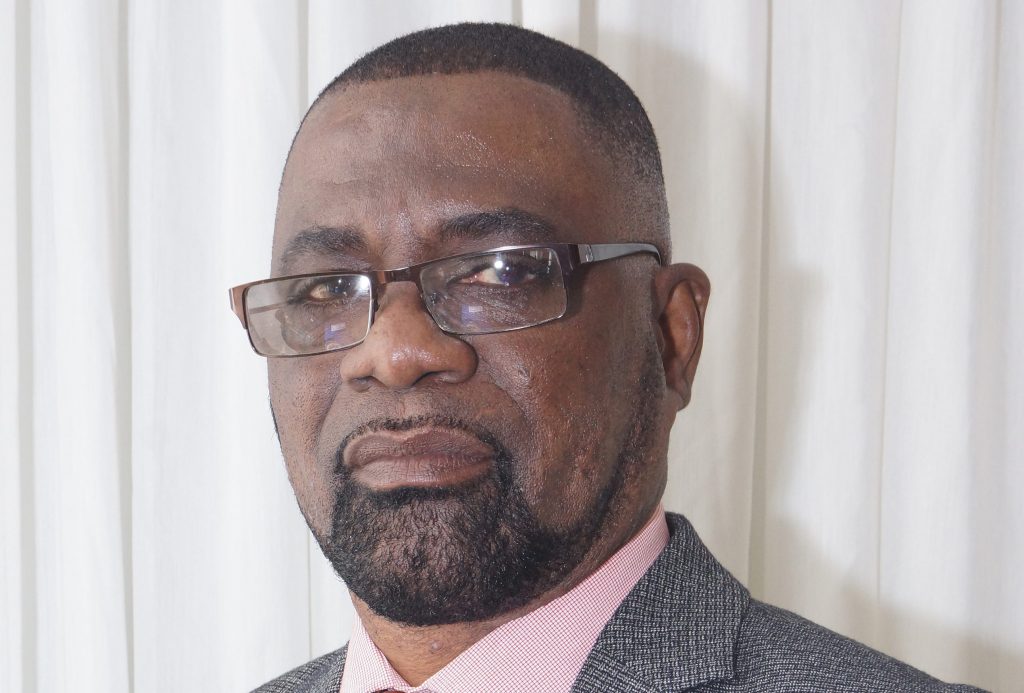
Remarks by the Director of PANCAP – Opening Ceremony for the Third Latin American and Caribbean ForumPort-au-Prince, Haiti 6-9 November 2017
His Excellency Jovenel Moise, President of Haiti, Mrs Kim Simplis Barrow, First Lady of Belize, Honourable Marie Greta Roy Clement, Minister of Health and Population, Haiti, Dr Cesar Nunes, UNAIDS Director LAC, Mr Mamadou Diallo, Deputy Special Representative of the United Nations Mission for Justice Support in Haiti and Resident Coordinator, Representatives of other UN agencies, PEPFAR, The Global Fund, GCTH, PAHO, AHF, the Caribbean Sex Worker Coalition, and the indomitable Kate Spring.
Ladies and gentlemen, I bring you greetings on behalf of the Chair of PANCAP, The Right Honourble Timothy Harris, Prime Minister of St Kitts and Nevis, Lead Head with Responsibility for Human Resources, Health and HIV within the Caribbean Community (CARICOM) Quaisi cabinet as well from Ambassador Irwin LaRocque, Secretary-General of the Caribbean Community.
The Pan Caribbean Partnership Against HIV and AIDS (PANCAP) is pleased to be part of this Third Latin American and Caribbean Forum. I wish to thank the Government of Haiti, UNAIDS and other organisers for making this forum a reality.
Since its establishment in 2001, PANCAP has seen many successes including unprecedented collective regional negotiation with five pharmaceutical companies for significant price reduction for ARVs; sharpest regional decline in HIV incidence by 48.1% between 2001 and 2013; declining AIDS-related deaths by 55% from 2000 to 2016; ARV coverage increased to 52% from less than 5% in 2001; eight countries have adopted the WHO recommendation that ARV therapy should be initiated in every person living with HIV at any CD4 cell count; elimination of mother-to-child transmission of HIV in seven countries; and capacity building of healthcare providers. These successes are due to the combined efforts of all PANCAP partners with strong leadership from national programmes, and regional, national and community partners supporting national responses.
Despite the overall gains, considerable challenges remain. The Caribbean has a mixed HIV epidemic consisting of a low-level generalised epidemic in the adult population, but an unacceptably high HIV prevalence among key populations, particularly MSM. While 64% of PLHIV knew their status in 2016, 36% did not; 52% were on treatment while 48% were not. Only Haiti has >89% of diagnosed people living with HIV on treatment. One-third (33%) of Caribbean people living with HIV on treatment were not virally suppressed in 2016.
The Partnership is conscious that the progress towards an AIDS-free Caribbean in the face of shrinking financial resources, requires strategic investment in effective interventions that save lives, maximise the impact of regional efforts, ensure value for money and scale-up work where HIV is most heavily concentrated. Further reductions in AIDS-related mortality and transmission will only be possible through improved efforts to meet the needs of people who are disproportionately affected by HIV. Achieving universal access to comprehensive, high-quality, integrated HIV prevention and treatment services requires inclusive and harmonised multisectoral action, including the removal of legal, social and cultural barriers.
At our 13th Annual General Meeting held in November 2014, the Partnership reaffirmed the central principle of shared responsibility through strong and mutually accountable partnerships with strengthened voice and participation in decision making for communities and people living with HIV; called for the acceleration of regional efforts to mobilise resources, and to implement measures to further reduce the cost of ARV treatment and laboratory reagents and commodities.
PANCAP’s leadership is engaged in a dialogue on how to sustain the gains of the last 10 years and have taken action towards sustainability of the regional response including an assessment of the Partnership. We are collaborating with development partners to engage our governments for increased HIV investment at the national level through shared responsibility, particularly with the private sector, human resource capacity building, health systems strengthening including laboratory and efficiencies in the supply chain, and are poised to accelerate these efforts.
I look forward to robust discussions over the next three days that will lead to identification and agreements on sustainable regional fast track targets.
Thank you.
